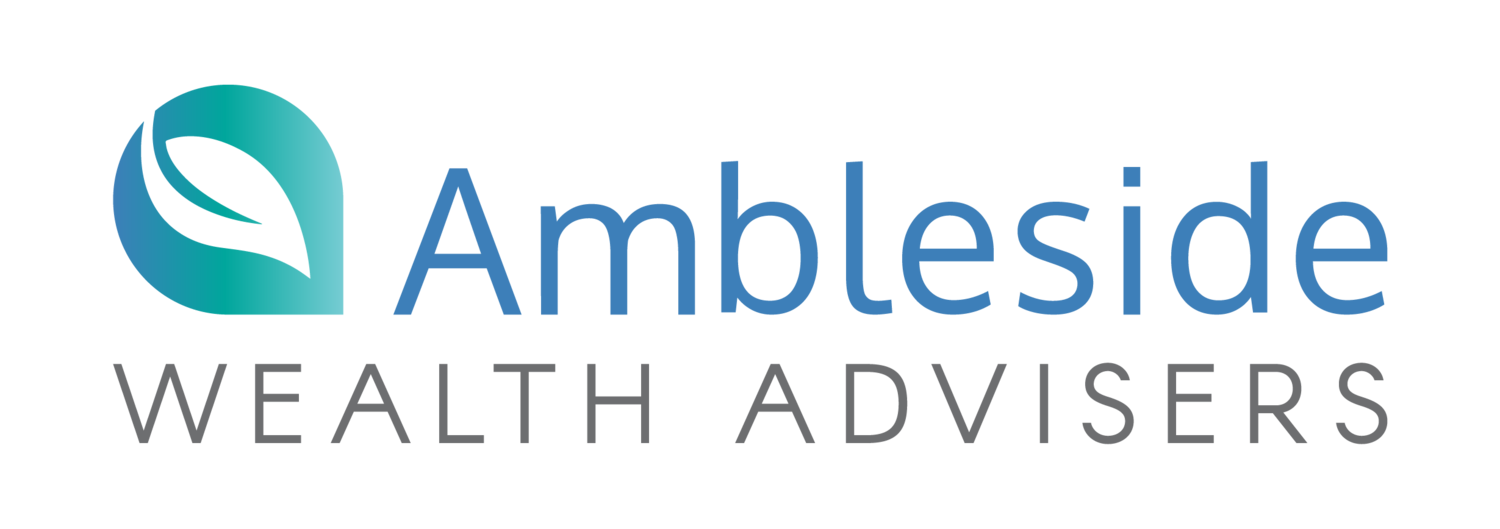HIDDEN COSTS OF BUYING PROPERTY
We know that in order to purchase a house, we need to save for a deposit. But bear in mind, there are other expenses that you need to be aware of when purchasing a house. Check out this case study below.
CASE STUDY
Property price: $400,000 property
Mortgage details: $360,000 home loan at 5.50% 3-year fixed interest rate
*Calculations determined by using online resources such as www.yourmortgage.com.au and www.calculators.infochoice.com.au. Figures will vary between parties.
REFERENCE GUIDE
ONE OFF GOVERNMENT FEE
Transfer fee: This is a government fee for registering your name on the title of the property and removing the vendor’s name.
Purchase stamp duty: This is the largest expense. It’s a tax levied by your state government on all property purchases. If you were buying a $400,000 property as your principal place of residence, the stamp duty would be $16,370, excluding first home buyer concessions.
ONE OFF HOME FINANCING FEES
Registration fees: This is a government fee for registering your lender’s mortgage on the title of your property. If the vendor has a mortgage on the property then you may be charged to remove their mortgage, the cost of which will be reimbursed by the vendor at settlement.
Loan Establishment Fee: Also called 'application', 'up-front', 'start-up' or 'set-up' fees. An establishment fee is a one-off payment when you start your loan. If you are not charged an establishment fee, you may pay higher ongoing fees.
Settlement Attendance Fee: The settlement fee is the amount you pay your agent for their work with regard to the settlement.
Lenders Mortgage Insurance (LMI) - Lender’s Mortgage Insurance is a condition of home loan borrowing where your mortgage lender may require you to make a one-off payment to protect them (the lender) against the event where you (the borrower) might fail to make your home loan repayments. To avoid lender’s mortgage insurance, a deposit of 20% or more of the property purchase price is typically needed.
ONE OFF PROPERTY COSTS
Conveyance Fee (or Solicitor): A conveyor or solicitor will help you meet all legal requirements involved with purchasing your home. They'll handle most of the paperwork and can answer any questions you may have about the process and explain the terms and conditions of the contract.
Buyer’s agent fees: A real estate agent is a professional who finds and negotiates the sale on your behalf. The Australian buyer’s agents tend to operate on one of two fee structures: a fixed fee model or a commission model.
Removalist Costs: Removalists can offer various levels of service depending upon your needs, from loading your belongings onto a truck and unloading them at your new property to handling all the packing and unpacking.
YEARLY PROPERTY AND MORTGAGE COSTS
Mortgage Repayments: Mortgage repayments are the amounts of money a borrower agrees to pay their financial institution to repay a home loan. They are usually made weekly, fortnightly or monthly depending on what is agreed between the lender and borrower.
Contents insurance: Home contents insurance covers you against loss, theft or damage to your personal and home possessions.
Personal insurances: There are different types of personal insurances. Depending on the type of cover you take out, their purpose is to ensure you’re able to cover all (or part) of your living expenses in an event where you are unable to do so due to injury, illness and or loss of life.
Council rates: Each council collects rates from residents and businesses in its municipality to help fund local infrastructure and services. Councils use property values as the basis for distributing the rating burden across the municipality.


